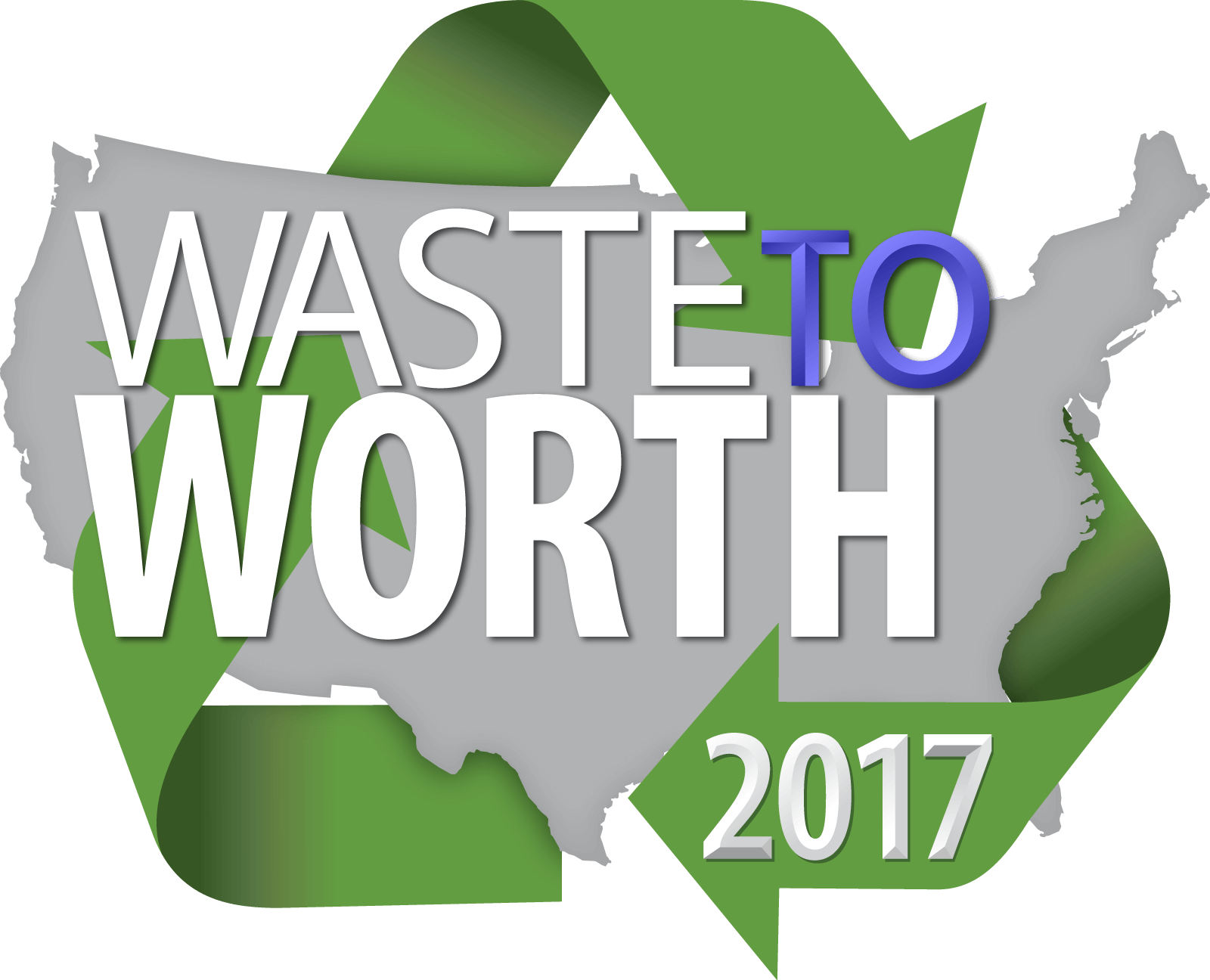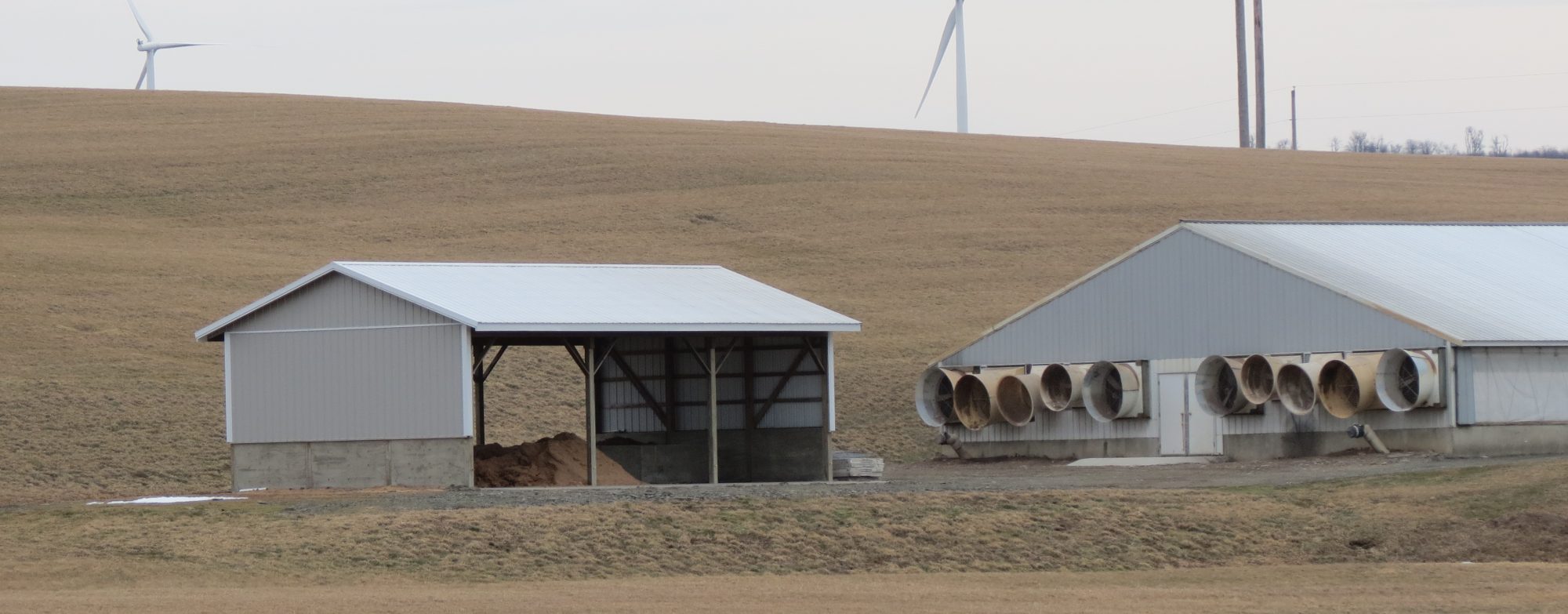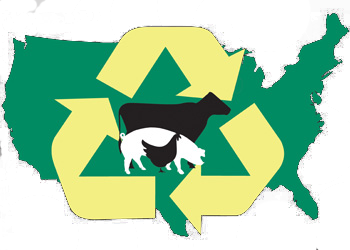Proceedings Home | W2W Home 
Purpose
The Animal Agriculture in a Changing Climate (AACC) project was established to leverage limited Extension expertise across the country in climate change mitigation and adaptation, with the goal of building capacity among Extension professionals and other livestock advisers to address climate change issues.
What did we do?
The Animal Agriculture in a Changing Climate project team created a suite of educational programs and products to build capacity across the United States. Key products of the project:
- Online courses: 363 participants registered with a 35% completion rate (Whitefield et al., JOE, 2016)
- National and regional symposia and workshops: 11 face-to-face conferences with approximately 1,350 attendees.
- Website: Over 5,900 users with over 21,100 total views. Project videos have received nearly 8,900 views.
- Social media: AACC weekly blog (990 subscribers); daily Southeast Climate Blog (38,506 site visits); regional newsletters (627 subscribers); Facebook & Twitter (280 followers)
- Ready-to-use videos, slide sets, and fact sheets
- Educational programming: 390 presentations at local, regional, and international meetings
- Collaboration with 14 related research and education projects
What have we learned?
A survey was sent out to participants in any of the project efforts, in the third year of the project and again in year five. Overall, participants found the project resources valuable, particularly the project website, the online course, and regional meetings. We surveyed two key measures: abilities and motivations. Overall, 60% or more of respondents report being able or very able to address all eight capabilities after their participation in the AACC program. A sizeable increase in respondent motivation (motivated or very motivated) existed after participation in the program, particularly for helping producers take steps to address climate change, informing others about greenhouse gases emitted by agriculture, answering client questions, and adding new information to programs or curriculum.
The first challenge in building capacity in Extension professionals was finding key communication methods to engage them. Two key strategies identified were to: 1) start programming with a discussion of historical trends and agricultural impacts, as locally relevant as available, and 2) start the discussion around adaptation rather than mitigation. Seeing the changes that are already apparent in the climatic record and how agriculture has adapted in the past and is adapting to more recent weather variability and climatic changes often were excellent discussion starters.
Another challenge was that many were comfortable with the science, but were unsure how to effectively communicate that science with the sometimes controversial discussions that surround climate change. This prompted us to include climate science communication in most of the professional development opportunities, which were then consistently rated as one of the most valuable topics.
Future Plans
The project funding ended on March 31, 2017. All project materials will continue to be available on the LPELC webpage.
Corresponding author, title, and affiliation
Crystal Powers, Extension Engineer, University of Nebraska – Lincoln
Corresponding author email
Other authors
Rick Stowell, University of Nebraska – Lincoln
Additional information
lpelc.org/animal-agriculture-and-climate-change
Acknowledgements
Thank you to the project team:
Rick Stowell, Crystal Powers, and Jill Heemstra, University of Nebraska – Lincoln
Mark Risse, Pam Knox, and Gary Hawkins, University of Georgia
Larry Jacobson and David Schmidt, University of Minnesota
Saqib Mukhtar, University of Florida
David Smith, Texas A&M University
Joe Harrison and Liz Whitefield, Washington State University
Curt Gooch and Jennifer Pronto, Cornell University
This project was supported by Agricultural and Food Research Initiative Competitive Grant No. 2011-67003-30206 from the USDA National Institute of Food and Agriculture.
The authors are solely responsible for the content of these proceedings. The technical information does not necessarily reflect the official position of the sponsoring agencies or institutions represented by planning committee members, and inclusion and distribution herein does not constitute an endorsement of views expressed by the same. Printed materials included herein are not refereed publications. Citations should appear as follows. EXAMPLE: Authors. 2017. Title of presentation. Waste to Worth: Spreading Science and Solutions. Cary, NC. April 18-21, 2017. URL of this page. Accessed on: today’s date.

